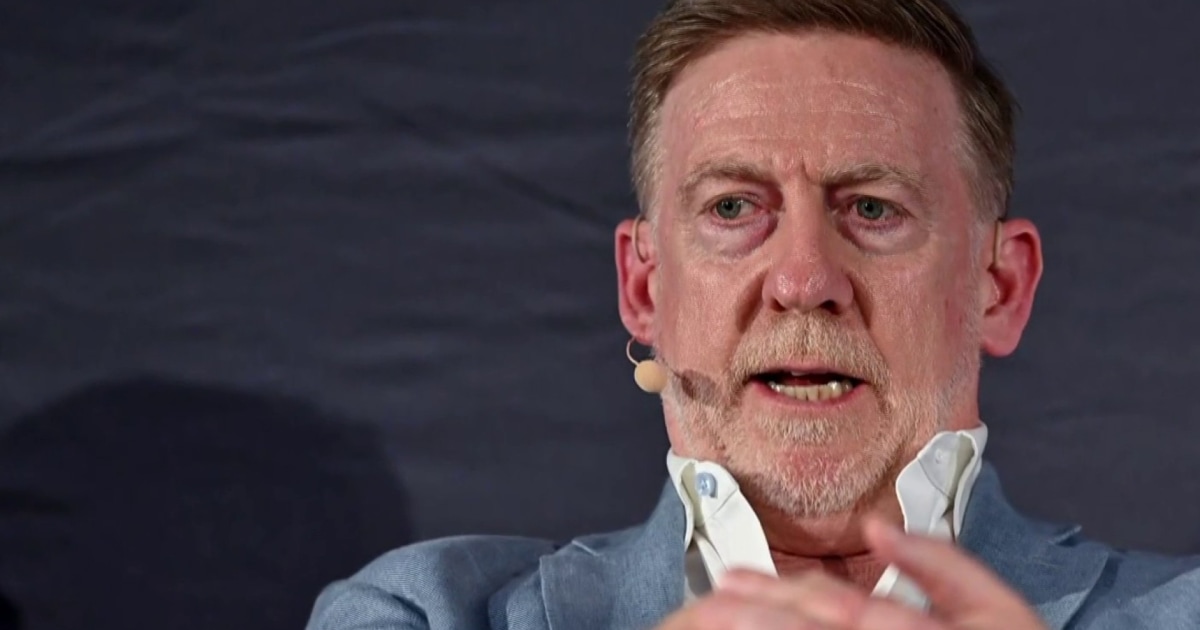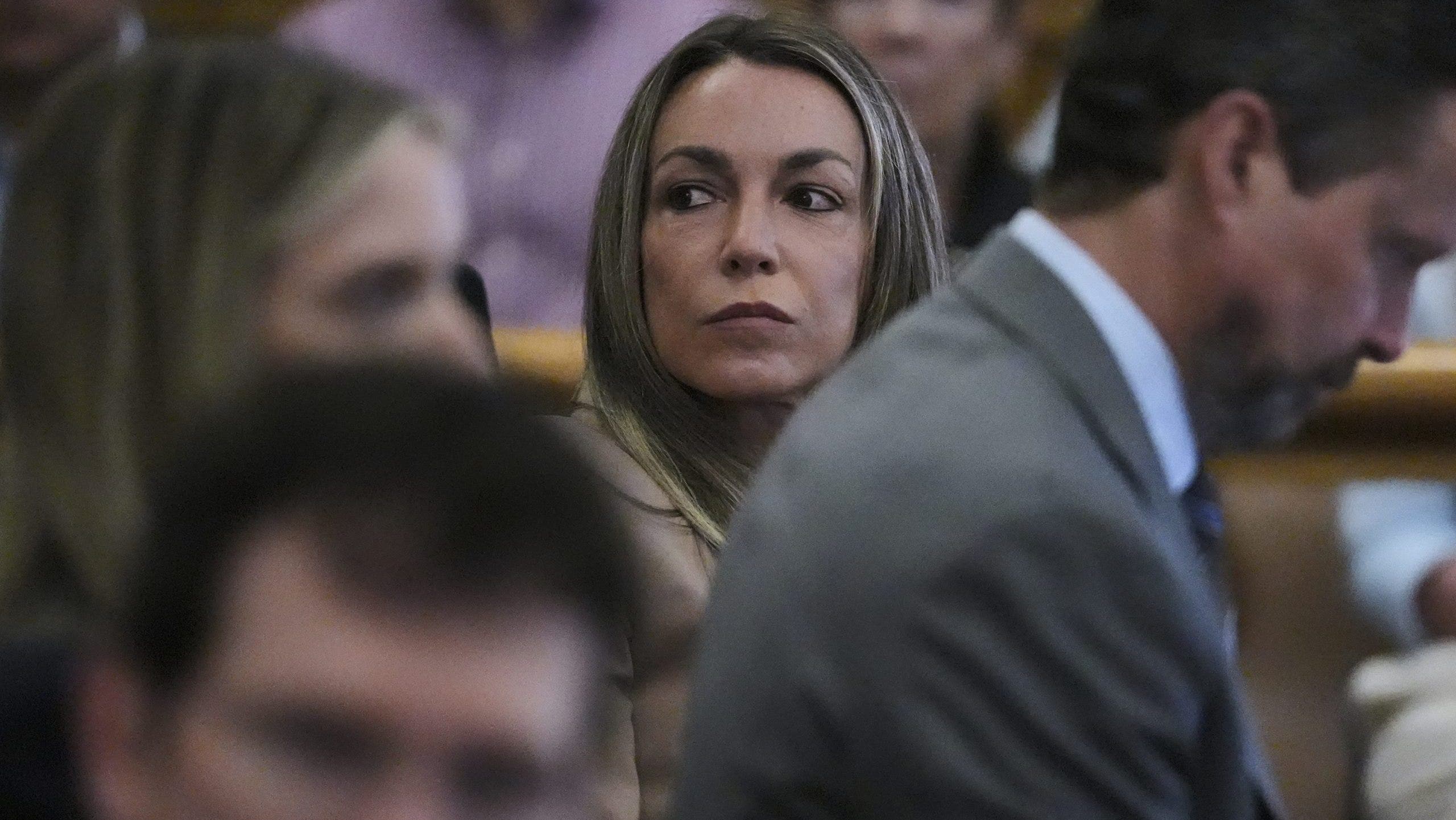Calls for Federal Investigation into Ms. Rachel’s Gaza Posts Ignite Controversy
A leading antisemitism watchdog has demanded a federal investigation into popular YouTube personality Ms. Rachel (Rachel Griffin Accurso) over her social media posts concerning children in Gaza. The controversy erupted this week after the early childhood educator shared content that critics allege promotes antisemitic narratives, sparking a fierce debate about influencers’ roles in geopolitical conflicts.
Background of the Controversy
Ms. Rachel, whose educational videos reach 10.3 million YouTube subscribers, posted a series of Instagram stories last week highlighting Palestinian children’s suffering during the Israel-Hamas war. While supporters praised her for raising awareness, the nonprofit StopAntisemitism accused her of “amplifying terrorist propaganda” and filed a formal request with the Department of Justice to review potential violations of federal laws regarding material support to foreign terrorist organizations.
Key flashpoints in the dispute include:
- Ms. Rachel’s sharing of unverified casualty figures from Gaza health authorities
- Her use of hashtags associated with the Boycott, Divestment, Sanctions (BDS) movement
- A since-deleted repost from an account with alleged ties to Hamas sympathizers
Divergent Reactions to the Federal Probe Demand
StopAntisemitism Executive Director Liora Rez told reporters: “When influencers with millions of young followers disseminate one-sided narratives that align with terrorist groups’ objectives, it crosses from activism into potential criminal territory. We’re asking authorities to determine whether these posts violate 18 U.S. Code § 2339B.”
Conversely, free speech advocates have pushed back. “This sets a dangerous precedent where any commentary on Palestine could be construed as illegal,” said Nadim Nashif, director of the Arab-American anti-discrimination committee. “The First Amendment protects uncomfortable speech—even about controversial geopolitical issues.”
The Broader Debate About Influencers and Geopolitics
The controversy reflects growing scrutiny of digital creators wading into complex international conflicts. A 2023 Pew Research study found 58% of Gen Z users rely on social media personalities for news, while only 32% verify the accuracy of shared information.
Child development experts express particular concern about Ms. Rachel’s dual role as both an educator and activist. “When trusted figures blend educational content with polarizing political material, it creates cognitive dissonance for young viewers,” explained Dr. Emily Weinstein of Harvard’s Center for Digital Thriving. “Parents rightly expect consistency from children’s media figures.”
Legal and Platform Policy Considerations
Legal analysts note the high bar for proving criminal intent in such cases. “Unless investigators find direct coordination with designated terrorist groups, this likely falls under protected speech,” said First Amendment attorney David Greene. However, YouTube’s parent company Alphabet could face pressure to review content under its own policies regarding harmful misinformation.
The platform’s current guidelines state:
- Content will be removed if it “denies well-documented violent events”
- Contextual warnings may be added to “content with disputed claims”
- Monetization can be suspended for creators who “repeatedly post harmful misinformation”
What Comes Next in the Ms. Rachel Controversy?
The Department of Justice has 60 days to respond to StopAntisemitism’s petition. Meanwhile, Ms. Rachel’s team released a statement affirming her “commitment to peace and compassion for all children” while declining to retract the disputed posts.
As the situation develops, media ethicists urge content creators to:
- Verify sources before sharing sensitive geopolitical content
- Disclose any organizational ties or funding sources
- Provide balanced context when discussing complex conflicts
This case may establish new boundaries for influencer activism, particularly concerning the Israel-Palestine conflict where social media posts have repeatedly sparked real-world consequences. For parents and educators, it underscores the need for media literacy education to help children critically evaluate online content.
Readers concerned about balanced Middle East coverage can access verified resources from nonpartisan organizations like the Associated Press and Reuters.
See more Update My News



